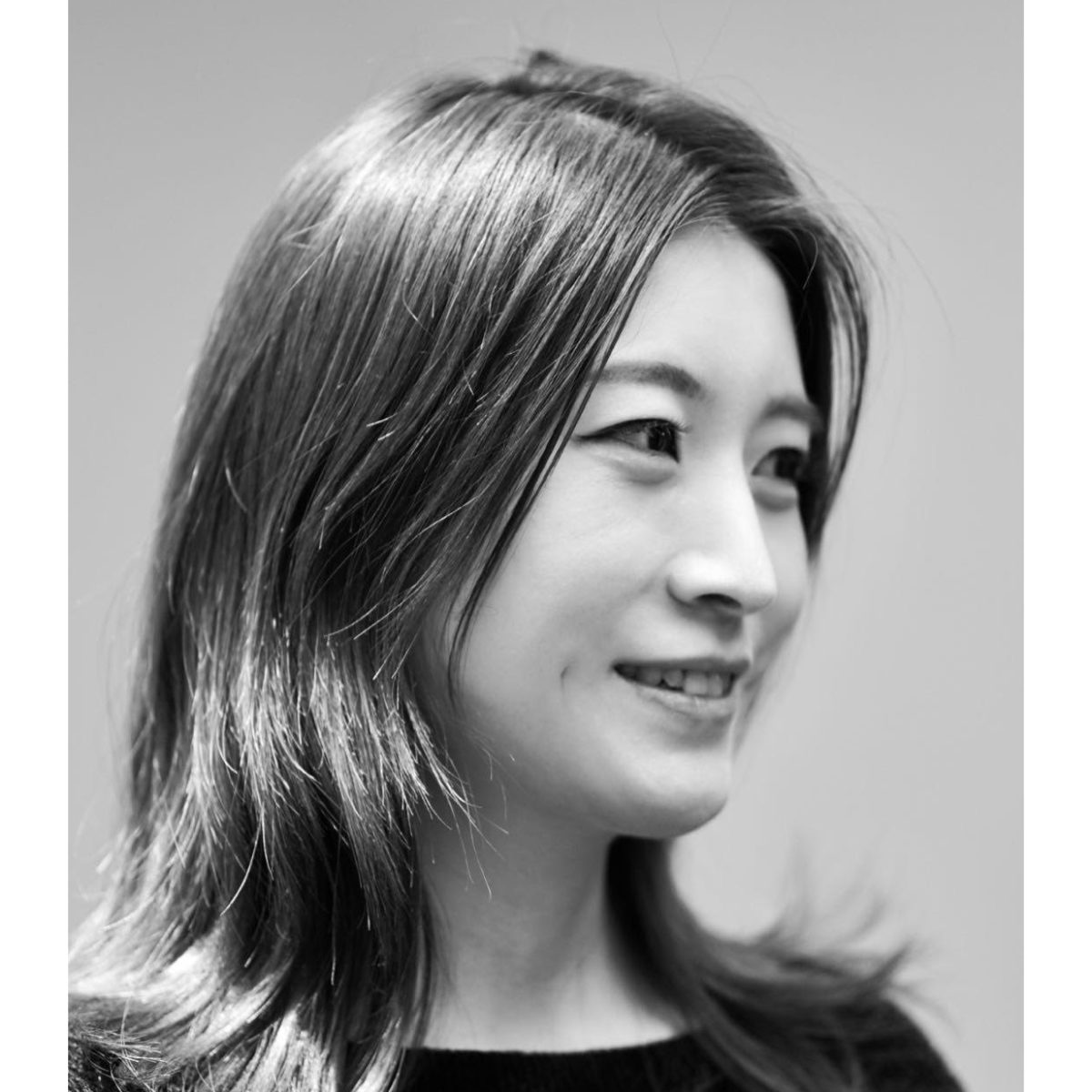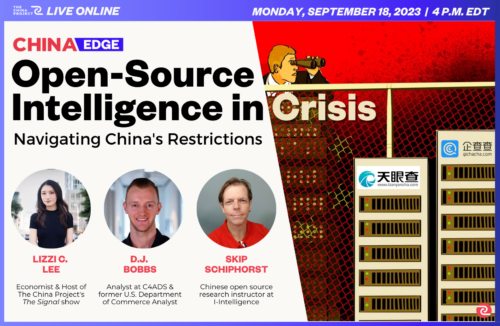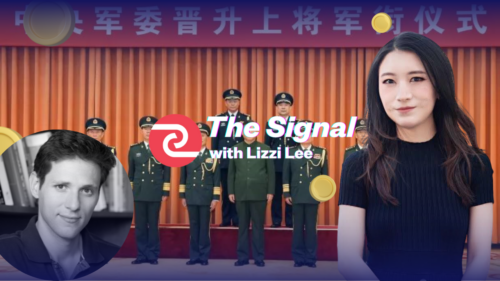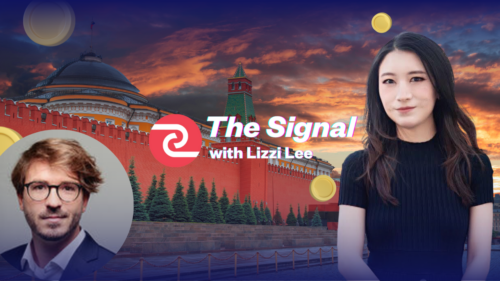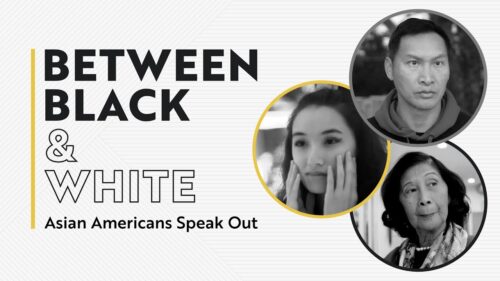China braces for an exit wave of COVID infections | Live with Lizzi Lee
Xifan Yang, a China correspondent for Die Zeit, discusses the relief, but also the widespread anxieties over the tsunami of COVID infections that will inevitably hit China.
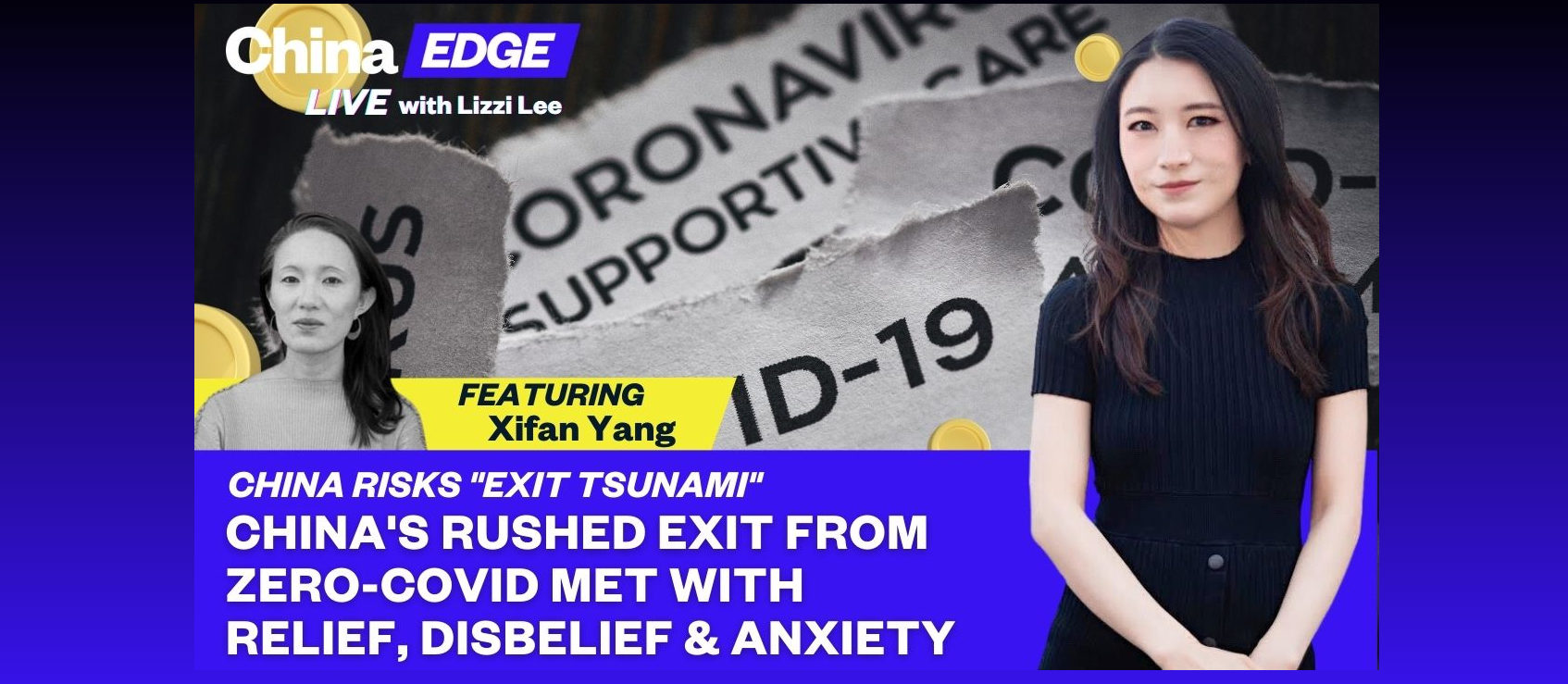
In this episode of Live with Lizzi Lee:
Although many residents in China are relieved by the lift in strict COVID zero curbs, Die Zeit China correspondent Xifan Yang (杨希璠 Yáng Xīfán) talks about how some people remain wary and anxious for the wave of virus infections that will inevitably hit the country, and the million — maybe even more — that might die.
Below is a transcript of the video:
Lizzi Lee: Hello and welcome to this episode of Live with Lizzi Lee powered by The China Project. I am your host, Lizzie. Joining me today is Xifan Yang, China correspondent for Die Zeit. Thank you so much for joining me today.
Xifan Yang: Thank you, Lizzi, for inviting me.
Lizzi: Xifan, China recently scaled back many of its pandemic controls and did so quite abruptly.What’s the general sentiment as you observe on the ground among Chinese people? Are they supportive of the latest change? Are they suspicious or is it something in between?
Xifan: I really do think it’s a mix of relief, disbelief and anxiety. Some people I’ve met over the last couple of days, they’re really happy. They can reopen their shops again. They can go to restaurants again. They’re starting to plan or they’re starting to plan their first trips abroad. And yet some of the young people in China also do feel validated that political protests can lead to something.
Others around me actually are really shocked, especially when you are aware of the low vaccination rates among the elderly, when you are aware of the risk of getting long COVID. And yet, given all that, when you see this sudden shift in public messaging now, which is actually a drastic shift overnight, then you are just losing up like this feels a bit reckless. And I actually belong to that group.
And then there’s a third group, mostly elderly people, or just like regular folks you see on the streets. They actually feel very anxious about all of this. They are very confused because they have been believing the zero-COVID propaganda for three years and the government has been telling them that it is really dangerous up until just last week and all of a sudden it’s not dangerous anymore. So yeah, those people, they feel insecure. They don’t know how to protect themselves. They just don’t understand why they cannot, although it cannot get tested anymore.
Lizzi: So on social media, we’ve seen some chaotic scenes of people rushing to hospitals, local pharmacies to stock up on medicines and test kits. And I’ve heard from my family members that all the cold remedies are sold out online. How hard or easy is it nowadays for people to get med supplies? How are people coping with this seeming shortage?
Xifan: I was just walking by some pharmacies this afternoon in Beijing, and you see that all the shelves with pain medicine, ibuprofen, and so on are emptied out. That’s actually why we see all the long lines in front of the hospitals, as well as not because all these people have heavy symptoms and need to go to the ICU. No, it’s because the pharmacies don’t have medicine anymore. They’re sold out. So the only place the people still can go to is the hospitals. But that in itself creates a new risk for people who may want to get medicine for their friends or their relatives. And they go to overcrowded hospitals and they get infected in the first place.
Lizzi: And so we’ve heard from many Chinese public health officials in the past few years who cited China’s low vaccination rate, especially among older people, as well as the risk of overwhelming China’s limited medical resources as the main reasons to stick to the zero-COVID approach. Have these hurdles been cleared? If not, do you get the sense that China’s pivot away from zero-COVID is a little rushed?
Xifan: Yeah, I think it is very rushed. We know that the vaccination rates among the elderly are low. For those over 80 years old, only 40% are boosted. For those over 60 years old, the number stands around 70%. I would even take those numbers with a bit of caution, though, because if you want to look into how many people are vaccinated in various provinces, a lot of local numbers are not even available. But for example, for remote provinces like Yunnan, or also Xinjiang, you don’t find any data available in public. That is not very reassuring I think. And I know the government wants to push the vaccination campaign as quickly as possible. This weekend, when I was passing by some vaccination centers in Beijing, they were not operating at all.
Lizzi: So you know, why do you think Beijing made the sudden U-turn on zero-COVID if the country is not prepared yet?
Xifan: I think there were a lot of different reasons behind that. It’s the economic costs that were exploding. A lot of provincial governments were going bankrupt, but they had to fund more and more PCR tests. They had to build all the fāngcāng (方舱) for billions of dollars. Then the pressure from big companies, from big multinationals was growing. We remember the drama that we’ve seen in Zhengzhou, at the biggest iPhone factory in the world. Then, of course, I think the public discontent also had an impact. I wouldn’t say it was a major trigger, but it had an impact and played a role. Beijing normally doesn’t like to give in to protest protests because they don’t want to encourage more protests. But here I do think the protests have been giving the regime also a convenient off-ramp because now they say, “See? You want us to end zero-COVID. Now, we now give you the end of zero-COVID.”
And I also do think that the government came to the conclusion that 80% of the protesters only wanted to end zero-COVID in the first place and not wanted to change the regime, which is why they thought it was safe to give in to that. And I also do wonder at least whether the recent trips abroad that Xi Jinping undertook played an impact. He has been to Bali, he has been to Bangkok, and maybe he had a change of mind when he was traveling abroad for the first time in three years.
Lizzi: And to many of us, the international community has been watching China’s zero-COVID lockdowns for the past few years. The news came as a pleasant surprise, but there are obviously potential risks. Based on your conversations with experts. What are some of the potential risks that we need to be aware of that are associated with China’s COVID reversal?
Xifan: I think the first obvious risk is the exit wave… Not even an exit wave is the exit tsunami that’s unavoidably going to happen over the next couple of weeks. And yeah, around a million, maybe even more people, especially the elderly, the people with preconditions might die. So, that is the first obvious risk.
Then I also do think that there might be a political fallout. We have this drastic shift in public messaging is also kind of dangerous. For three years, you say COVID needs to be contained at any price and now you just lie flat and say, oh, we don’t care anymore. So I wonder whether people will question the government now, just not only in this instance but also with other issues in the future. And then also there might be political fallout for Xi himself because he was portraying himself as a great helmsman who was in charge of commanding zero-COVID, steering China through this pandemic. Xi himself is supposed to be infallible. So if his policies can change overnight, then that doesn’t really present zero-COVID exactly in a positive light. And the same goes for his personal judgment, maybe.
